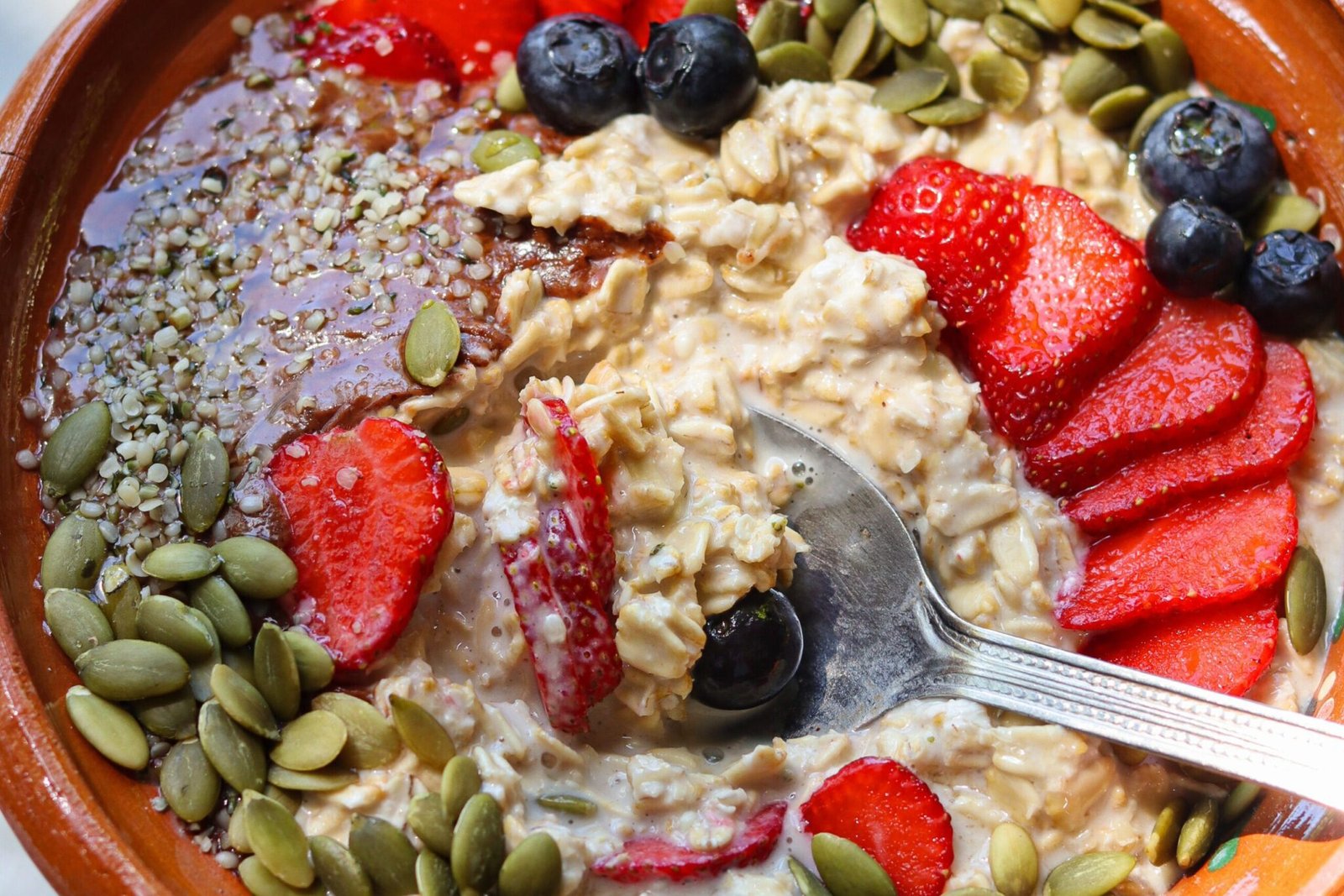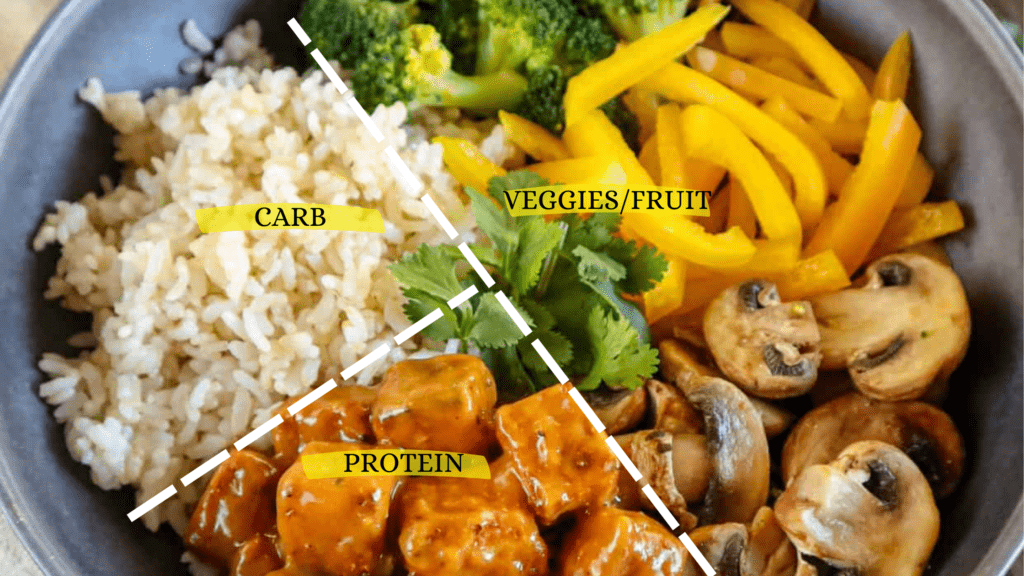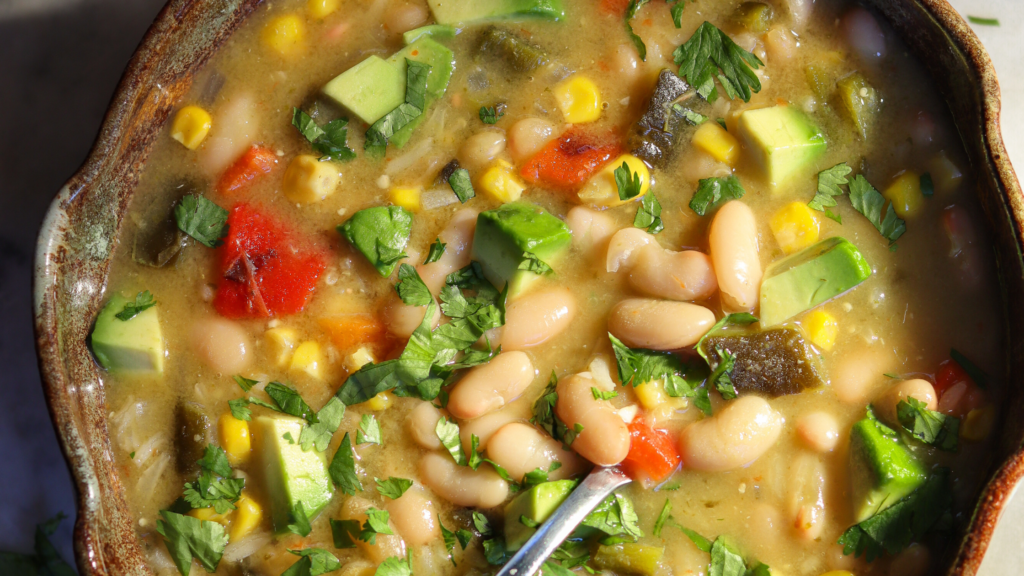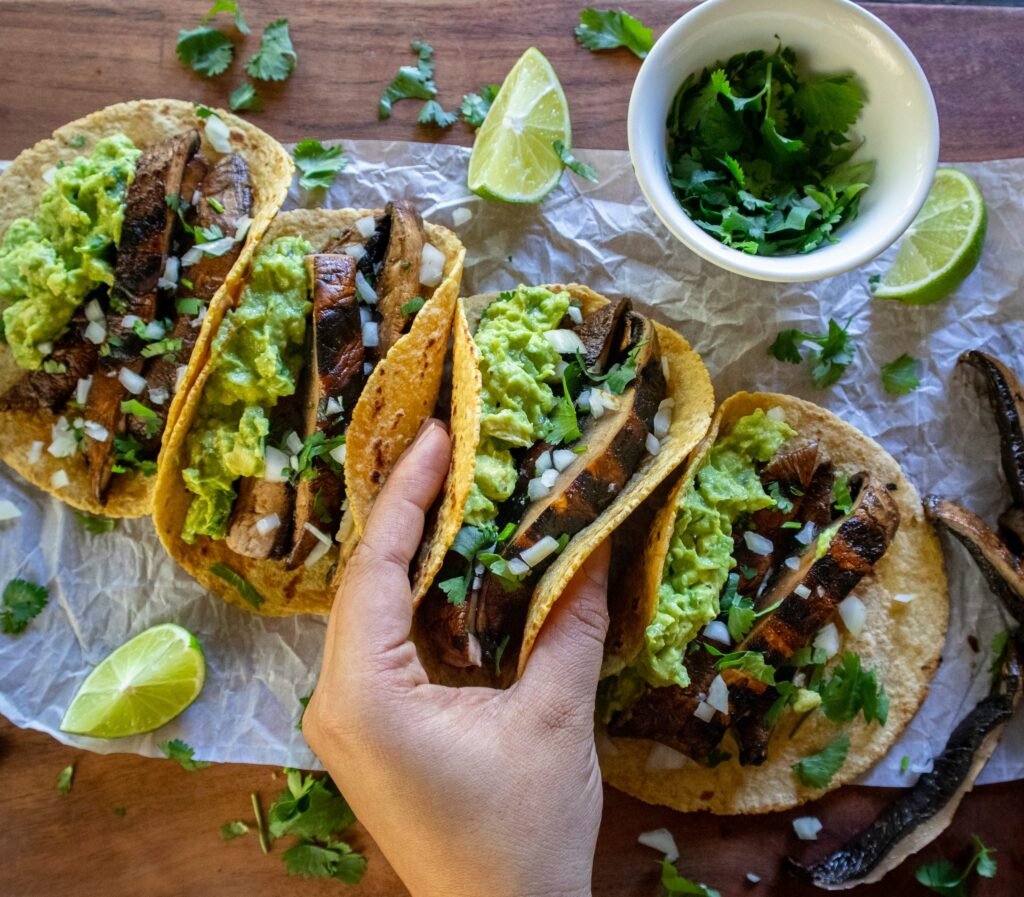By Anna Rios, RDN
We all have goals to meet every day. Maybe it’s going to work, caring for the kids, or building the business of your dreams! How you nourish your body directly impacts your ability to meet your goals. Mental clarity and physical energy are essential to go after your goals and intentions every day. Most weight loss diets (low-carb, ketogenic, low-calorie, paleo, etc) are highly restrictive and unrealistic to keep in the long run. When changing your diet always ask yourself, “Is this a change that can last a lifetime? Is it sustainable for me?” The dieting mentality is usually focused on what to reduce, foods you can’t have, and eating less. The restrictive mentality almost always results in binging and “giving up”. If you want to succeed with healthy lifestyle changes focus on adding.

Switching your mentality to focus on what foods to add rather than what to subtract can help you stick to your changes. A more positive view on dietary changes can help elevate your mood and keep you motivated. Nothing can slow you down when you’ve got energy and mental clarity! Eating balanced, nourishing meals can help boost energy levels, mood, and strengthen the immune system. For example, stop using terms like weight loss diets and instead use words like lifestyle changes and health journey.
So let’s get to it! I know that changing eating habits can be intimidating because it’s hard to know where to begin. Don’t worry, today I’m going to break it down for you so you know exactly where to start!
1. Eat Breakfast

I know you’ve heard it before but it needs to be said again: breakfast is the most important meal of the day. What you eat in the morning can set you up for success throughout the day and you will start to notice a significant change in your energy levels. Some may have gotten used to not eating in the morning and might no longer have an appetite but that is no excuse to skip breakfast. If you lack appetite in the mornings, have a smaller portion just make sure it’s balanced. Treat all weight loss diets that recommend you skip breakfast as a red flag! I know what you’re thinking, but what about intermittent fasting?
Registered dietitian Dubost says Intermittent fasting isn’t a healthful way to lose weight. Once someone has lost weight with intermittent fasting, she says they can gain back the weight more quickly once they start eating normally because during fasting the person’s body can go into starvation mode to conserve energy. “Your body is forced to dip into its energy stores and that can mess with your metabolism,” she says. And if someone resets their metabolism during fasting, they can gain weight even if they eat very little, she adds.
Now that you’re on board, let me tell you the secret formula for a balanced breakfast that will keep you energized throughout the day. The key is to have a combination of fiber, protein, and healthy fat. This combination will stabilize blood sugar levels which helps optimize energy! Here are some examples of a balanced breakfast:
- Avocado Toast – Whole grain bread (fiber), Avocado (healthy fat and more fiber), Egg (protein)
- Yogurt (protein), fruit (fiber), nuts and seeds (healthy fat and extra protein)
- Plant-based breakfast burrito
- Overnight oats with fruit and seeds/nuts

2. Add more Nourishing Foods
Choosing mainly whole foods, especially fruits and vegetables is a great way to start. Whole foods are minimally processed foods such as fruits, vegetables, grains, beans, nuts, seeds, eggs, and meats. The most important advice I can give you is to start small and make realistic changes. Let’s say you’re eating chips or sweets daily, the best way to make changes is to do it gradually. Start with having chips/sweets every other day, and make sure you are eating slowly and mindfully when you do eat them. Many times we overeat foods when we are not fully present, distracted by the TV for example. Mindful eating can help you improve your relationship with food.
The next step is to make delicious meals with whole foods to keep your tastebuds happy. Ask yourself what your favorite meals are and begin incorporating your favorite flavors using wholesome ingredients. For example, if you like spicy foods, explore dishes like pozole, aguachile, ceviche, salsas, and more. Dishes like these are packed with nutrients from cucumber, cilantro, onion, and avocado. Delete that calorie tracking app and use the plate method style for portion guidance:

A balanced meal should have about 50% vegetables, 25% protein, and 25% carbohydrates.
About 80% of Americans do not eat enough fruit and vegetables. Add vegetables and fruits such as avocados to a variety of soups, salads, or many Latin-American dishes. Avocados have also been known to help stabilize blood sugar levels and help with weight loss. An analysis of 14,000 individuals revealed that consuming avocados improved insulin responses in those with normal blood sugar. In people with type 2 diabetes, avocado consumption was linked to lower average blood sugar and better insulin-related measures. (Wood, 2023)
3. Avoid Skipping Meals

Some days can get really busy but eating consistently throughout the day is essential to avoid binging and overeating! The best thing you can do is plan for those busy days. Let’s remember that food is our main source of energy so getting a consistent influx of energy is key. Here are my best tips to avoid skipping meals during your busy days:
- Pack your lunch ahead of time. Make a double batch for dinner and pack the leftovers.
- Make something easy like a sandwich or a burrito using leftover ingredients.
- Keep protein and fiber-rich snacks in your car and at your desk. I recommend having protein bars, nuts, fruit, dried fruit, and dark chocolate.
- If you forget to eat, set reminders! Use technology to your advantage and set those alarms on your phone to help you stay nourished.
- Buy my meal planning guide (ebook) to get started on easy ways to meal plan.
Meal planning does not mean eating the same boring meal five times a week, it can look different for everyone. Batch cooking, or simply just pre-dicing vegetables can help you during a busy week. All you need is 20 minutes once a week to sit down and plan for your week. My meal planning ebook helps break it down for you and you’ll get to see how easy it can be to add balanced meals to your week.
More Effective than Weight Loss Diets
Why is this approach more effective for improving health and weight loss? It’s realistic, great for your metabolism, and way better for your mental health. Your relationship with food is a priority if you are looking to lose weight in a healthy way and keep it off. The diet industry has told us to restrict food for years via low-carb diets, keto, and intermittent fasting but we now see that they are only temporary solutions that can leave lifelong side effects including slow metabolism and disordered eating.
Do your best to choose healthy foods in the most realistic way for you! Not all meals need to be glamorous. Remember that it is about progress, not perfection. Every week make a few attainable goals that will help your energy, mood, and overall health. Whether it’s to drink more water, eat a serving of fruit every day, or to eat a balanced breakfast. After a few weeks, you’ll start feeling more energized and motivated to continue nourishing yourself. Take it a step at a time and you’ll see how much your future self will thank you.

